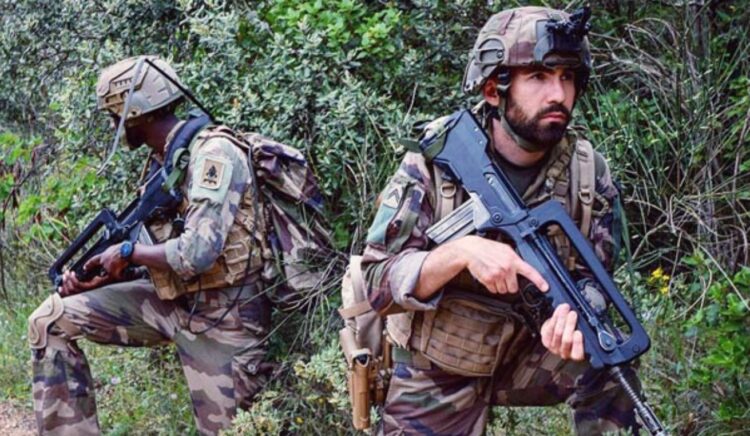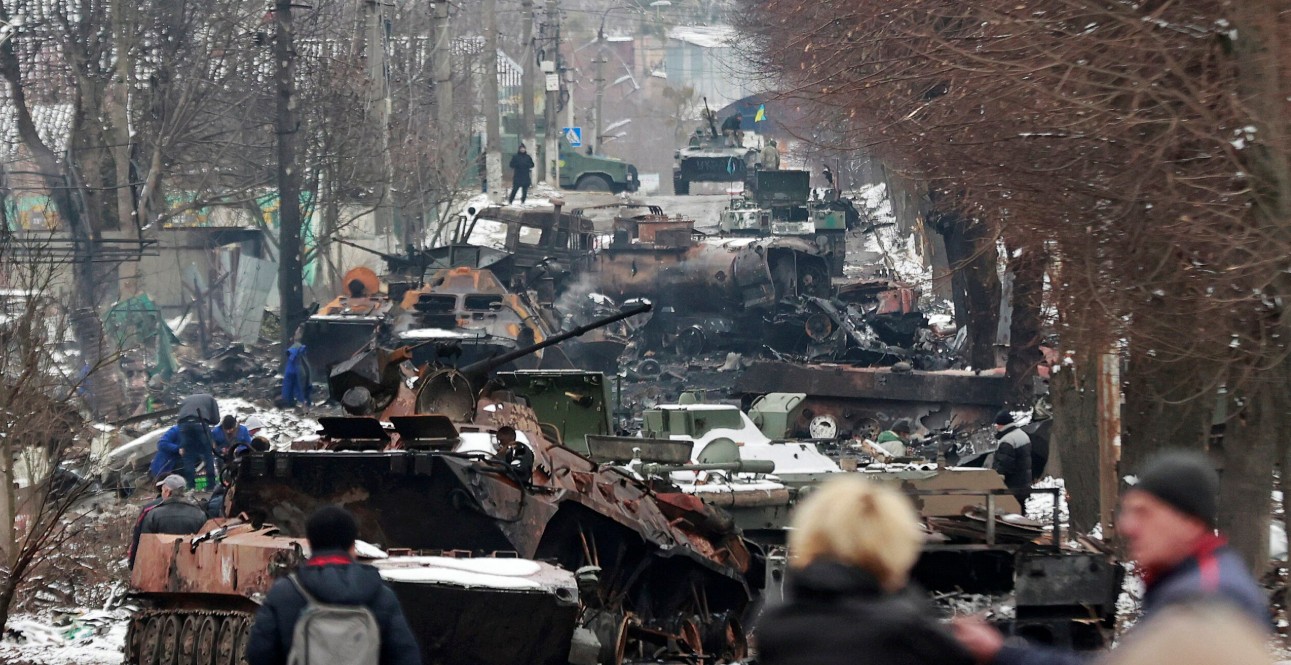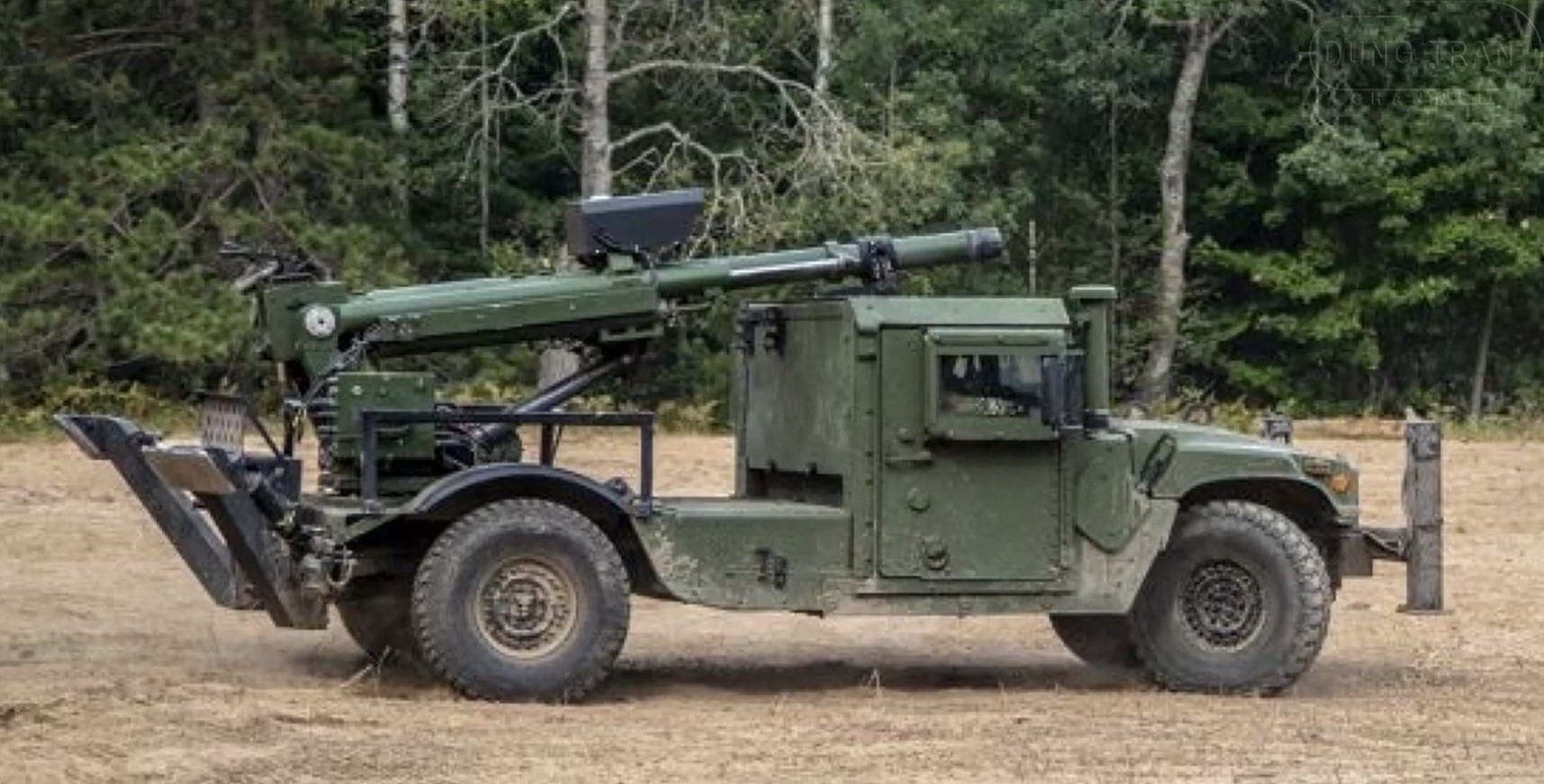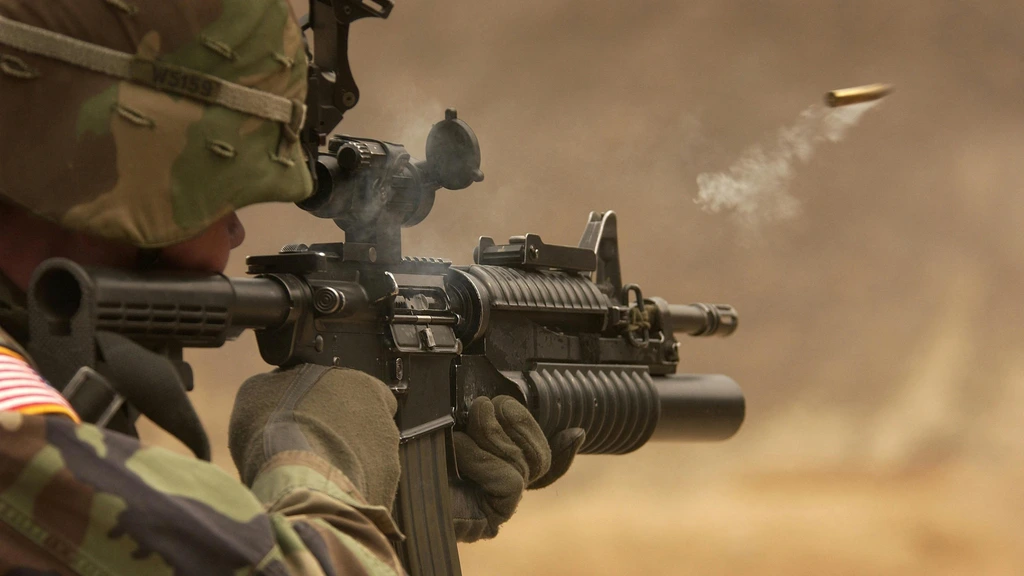The French Foreign Legion is often shrouded in mystery and intrigue, famous for its brutal training regime and the harsh conditions under which the soldiers operate. This unique military service is renowned around the world for its demanding selection process where only the toughest survive. For those who do join its ranks, the Legion offers a fresh start and new identity, free from the shackles of their past.
The Rigorous Recruitment Process
Candidates hoping to join the Foreign Legion must first undergo a rigorous recruitment process, which is as daunting as it is renowned. Prospective Legionnaires are scrutinized through a series of psychological and physical tests designed to assess their fitness, mental resilience, and adaptability. The process is not only a test of physical prowess but a measure of a candidate’s character and determination.
Physical Tests: These include the Cooper Test, which involves running as far as possible in 12 minutes, and the Luc Léger test, or “beep test,” which measures aerobic endurance. Only those with exceptional physical ability manage to scrape through.
Psychological Evaluation: The psychological tests are intended to weed out those who cannot mentally endure the intense stress and isolation they will face. Candidates are evaluated on their ability to handle pressure, commitment level, and mental stability.
Background Checks: Despite popular belief, the Legion performs thorough background checks. While they are willing to overlook some minor past transgressions, serious criminal activity or potential security risks are likely red flags during this vetting process.
Intensive Training: Forging Warriors
Once a candidate is accepted, they are subjected to an intense training regimen that is as much about instilling discipline as it is about survival. Starting with the four-month-long basic training at the French Foreign Legion’s training base in Castelnaudary, recruits are quickly introduced to the rigors of Legion life.
The training schedule consists of:
- Long marches over rough terrain with full packs.
- Advanced weapons training with a variety of firearms.
- Learning essential survival skills like navigation and first aid.
- Strategic combat training to prepare for real battlefield conditions.
The Legion’s harsh ‘real-world’ training scenarios not only ensure high physical standards but are designed to test the psychological endurance of recruits under extreme conditions.
Life in the Legion
Life in the Legion is structured around a strict routine. From the precise drill exercises to the strict adherence to discipline, every aspect of life is meant to mold soldiers into a cohesive fighting unit. Uniformity and anonymity are core principles, emphasizing the philosophy of brotherhood and camaraderie that is central to the Legion’s ethos.
The Legion Code of Honor
A unique aspect of the Foreign Legion is its Code of Honor, which all Legionnaires are expected to uphold. Some key tenets of this code include:
- Loyauté: Loyal service to France with honor and fidelity.
- Respect des Traditions: Respect for the Legion’s traditions.
- Courage etc
- Solidarité: Absolute solidarity, manifesting in brotherhood among Legionnaires.
These enduring values help foster a deep sense of belonging and mutual trust, even among fellow soldiers whom they may never have met before.
Challenges and Sacrifices
Despite the allure of adventure, life in the Legion is not for the faint-hearted. The job comes with inherent risks, given the Legion’s deployment in some highly volatile regions as part of France’s rapid-response military operations. Physical injury and mental trauma are also occupational hazards.
A Chance for Redemption
For many Legionnaires, joining the Foreign Legion is an opportunity for redemption—a chance to redefine themselves, shed their past, and begin anew. This unique institution offers a second chance for those who are determined and resilient enough to succeed, providing an environment where meritocracy thrives and where one’s past fades into insignificance.
Statistics and Facts
| Criteria | Specification |
|---|---|
| Approximate Number of Recruits Annually | 8,000 – 10,000 Apply |
| Acceptance Rate | Roughly 1 in 8 Accepted |
| Current Troop Size | Over 8,000 Active Legionnaires |
The Legacy of the Foreign Legion
Since its inception in 1831, the French Foreign Legion has garnered an impressive military legacy, involved in various international engagements that span more than a century. Whether stationed in the deserts of North Africa or the jungles of South America, the Legion has been a critical component of France’s global military strategy.
Ultimately, the French Foreign Legion’s appeal lies in its storied history and the transformative power it provides its members. The sheer demand of entering and thriving within this elite unit means that only those with an iron will and unwavering resolve will succeed. For those who do, it becomes not just a call to service but a way of life.









